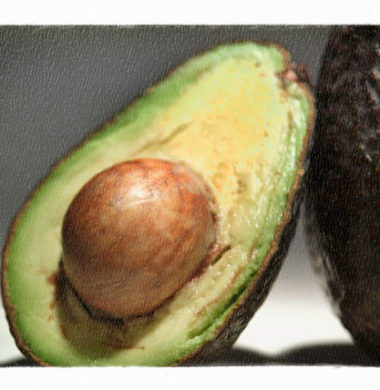Good Fats vs. Bad Fats: What’s The Difference?

Fats are an important part of keeping healthy and staying fit. Yes, you read that right; fats can be a healthy part of a balanced diet! Keeping a good balance of good fats vs. bad fats can keep your skin soft, deliver fat-soluble vitamins and are a great source of fuel. The key to all of this is balance: you must eat foods that are rich in good fats and eliminate or limit the bad fats. The bad fats, such as trans fats, can be damaging to your heart and we at South Denver Cardiology want you to be aware of the differences.
There are two types of fats: saturated and unsaturated fats. Unsaturated fats are the good fats. When eaten in moderation and used to replace saturated (bad fats) fats, these good fats help lower cholesterol levels and reduce your risk of heart disease. Examples of foods with good fats are:
- Almonds, hazelnuts, cashews and sesame seeds
- Wild fish (salmon and herring)
- Pumpkin seeds
- Olive oil
- Avocados
Even some foods with saturated fats have been found to potentially have some health benefits. For example, coconuts and coconut milk are very healthy for you.
As you can see there are a lot of delicious options in the good fats category. Now let’s move on to the bad fats. Bad fats, or saturated and trans fats, have the ability to raise cholesterol levels, increase the risk of heart disease and clog arteries. A lot of animal products, including meat, poultry skin, high-fat dairy and eggs are full of saturated fats. The American Heart Association recommends that you should keep these fats to just 7% of your total calories. Trans fat, another bad fat, are the naturally occurring type. These types of fat are found in small amounts of dairy and meat. These types of fats should be avoided at all cost because these fats are artificial; and nothing artificial is good for your body.
A good rule of thumb to keep your body and Denver heart healthy is to eliminate the bad fats, especially the trans fats and keep the saturated fats to a minimum. And try to keep up on eating foods that are rich in good fats. Keep up with this healthy eating tip and your body, heart and mind will be ready to face any challenge!
How to use this Information
South Denver Cardiology wants to remind you to keep eating healthy! Keep up to date with heart healthy recipes and nutrition, staying fit tips and healthy thinking on our website and blog. And if you’re looking for more information on Denver Cardiology, please visit our website for additional information on preventative care.
- Can I Shovel Snow with a Heart Condition? - March 18, 2024
- 6 Tips for Resuming Outdoor Exercise this Spring - March 11, 2024
- Early Signs of Heart Disease - February 26, 2024
Sign Up
As with any health concerns, your specific treatment program should be discussed thoroughly with your primary care physician as well as any specialists who may need to be consulted – like a cardiologist.
Sign Up
